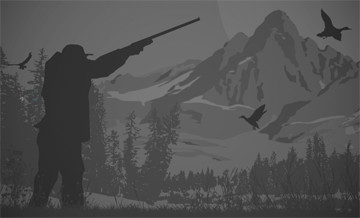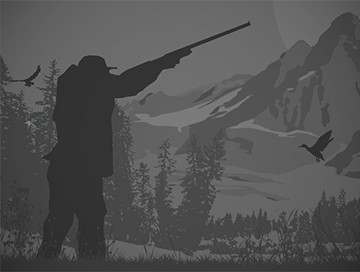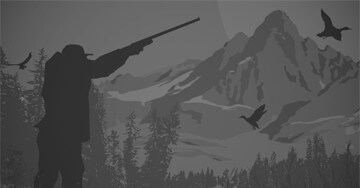Meat Hunt on map
About Meat Hunt
The terminology is self-explanatory but in practise the terms and conditions vary from country to country. In essence, this is a legal subsistence hunt that fulfils the norms and standards of the respective nature conservation hunting laws and wildlife authority regulations. Similar to the US ‘In State’ and ‘Out of State’ license costs vary, Africa operates a two tier hunting system to which this hunting category specifically refers. When hunting in Africa, the big difference other than the cost is that by law international hunters must be guided by a licensed Professional Hunter and the hunt must be arranged and organised by an Outfitter who provides and arranges all the services. Due to international veterinary restrictions no meat from these hunts may be exported to another country to ensure health and safety standards, as well as the possible transmission of animal diseases, like hoof and mouth are not introduced to the receiving country which can have a devastating effect on the agricultural livestock industry. In this respect, a meat hunt refers to a DIY hunt and may include anything from a non-exportable damage causing elephant to a plains game animal. A license may only be issued to a citizen and in most instances is not transferable. The worth value of such a hunt is the meat. This meat may be shared by the villages, donated, sold or used for personal consumption. A local or citizen hunter is required to make all their own arrangements and pay the additional costs for accommodation, catering, transportation, licenses, slaughter facilities, refrigeration, etc. Organised game ranching facilities will offer all these facilities at an additional cost and many apply hunting rules that do not apply to international hunting guests. For instance, you may shoot a trophy but you will be paying a premium price as opposed to a non-trophy or female animal which make up the bulk of the animals hunted for venison. Meat hunters shooting for the pot need to ensure that they have all their documentation in order, this includes licenses, permission to transport the carcass, proof that the hunt was legally conducted should that person be required to furnish such documentation by a law enforcement officer and if they want their meat processed by a butcher.
Interested in Meat Hunt trips? Create a subscription to get offers right to your inbox




